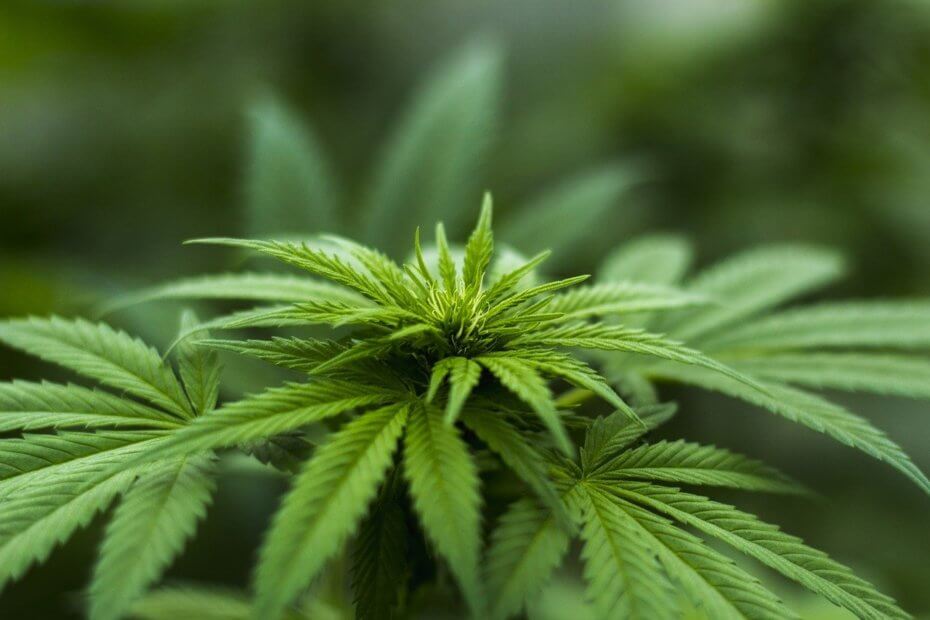As you all know, CBD is a non-psychoactive cannabinoid (most cannabinoids aren’t, with the notable exception of the THC isomers). That means CBD does not activate the cannabinoid receptors CB1 or CB2 which are part of the endocannabinoid system. In fact, CBD acts as an antagonist for the CB receptors. This is why mixtures of THC and CBD do not provide the typical “high” experienced by consuming THC alone: the CBD attenuates the effects of THC.
This effect of CBD has important consequences. CBD not only attenuates the effects of THC, but also influences your body’s Endocannabinoid System. The endocannabinoid system is based on the interactions of natural cannabinoid-like compounds produced by your body (anandamide and 2-AG) with the CB receptors. THC mimics the effects of these endocannabinoids. The “runner’s high” experienced after vigorous exercise is your endocannabinoid system kicking in to action to relieve inflammation and pain. A very effective natural bodily response to physical stress.
A simple guide to the Endocannabinoid system
Since CBD is a partial antagonist of the CB receptors, one would think that CBD would promote inflammation and pain. Yet this is not the case, and CBD has been shown to be effective for both these conditions. How do we explain this contradiction?
Well, your body is very adaptive and responsive to perturbations from homeostasis. Treat your body one way with medication, and it pushes back. That’s how tolerance develops. Let’s use opiates as an example. Someone who has not taken opiates has no tolerance, and the first dose gives a strong affect. Tolerance develops very quickly with opiates, so that within three days of use, the dose must be increased to have the same affects. The same is true of THC administration, but the effect is less dramatic.
CBD and the Endocannabinoid System
What does this have to do with CBD? Since CBD is a partial antagonist of the CB receptors, the endocannabinoid system has been perturbed. The body responds by attempting to regain homeostasis. To do this, more CB receptors are expressed and made, and more endogenous cannabinoids are produced. It is like the opposite of opiate tolerance: the cannabinoids made by the body become more abundant, and their positive effects are increased. Repeated administrations promote a more robust response, as your endocannabinoid system kicks in.
Thus, CBD promotes your body’s natural systems to fight pain and inflammation. This is especially true with repeated administrations, as the effects grow with time. Our full spectrum oils and topicals are formulated to be very concentrated to take advantage of these effects. Give some a try, and kick your endocannabinoid system into a higher gear.
